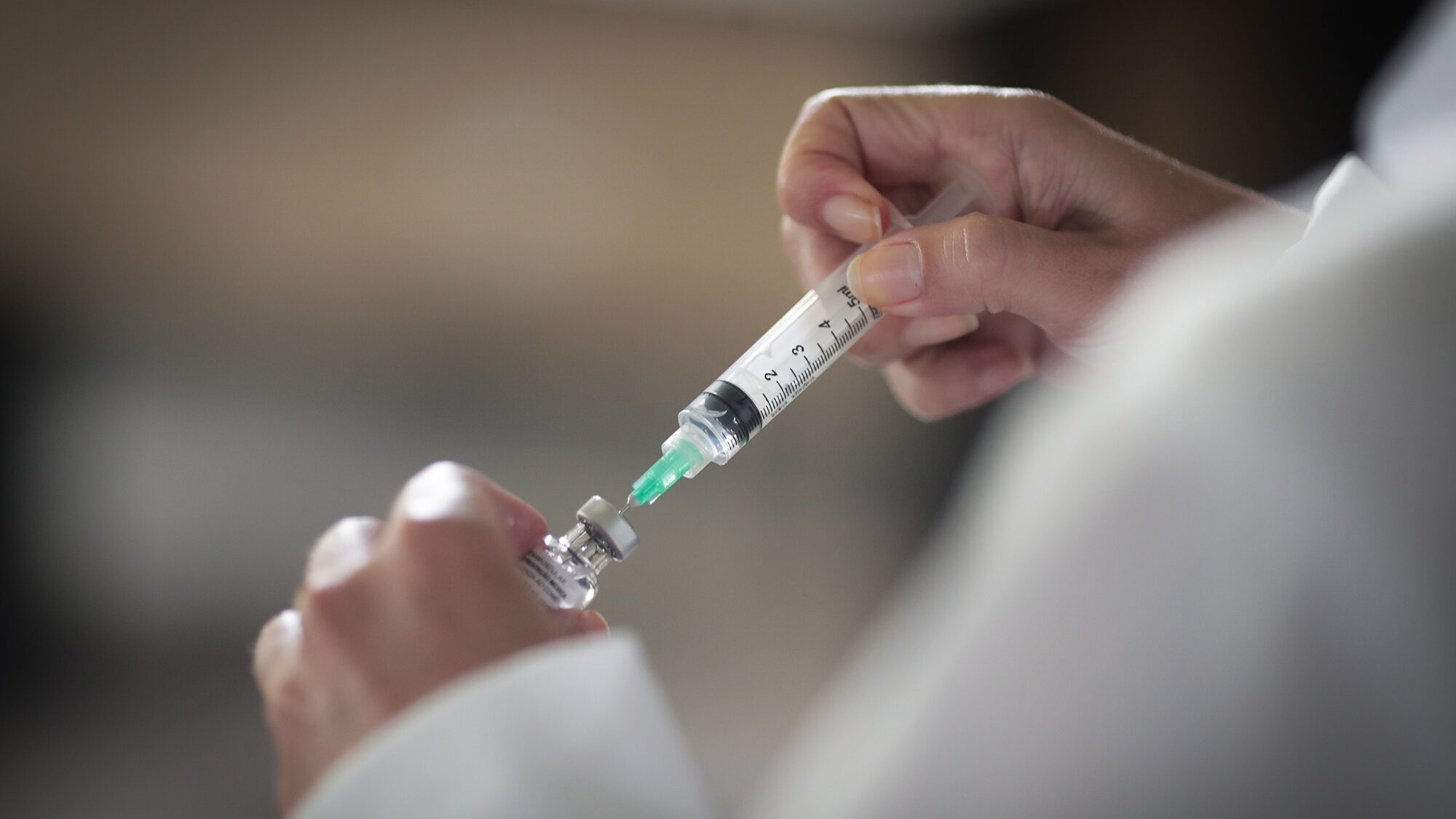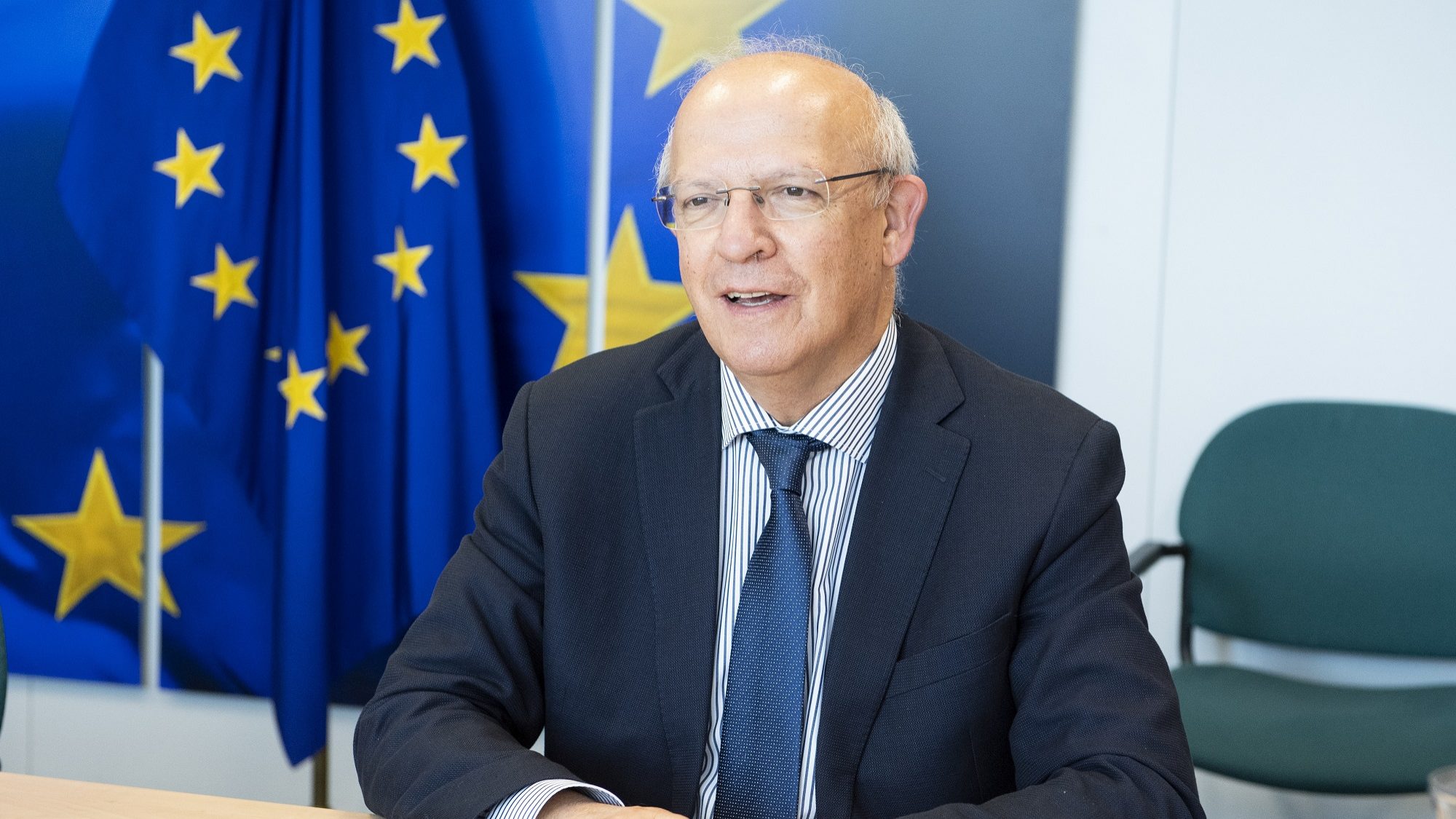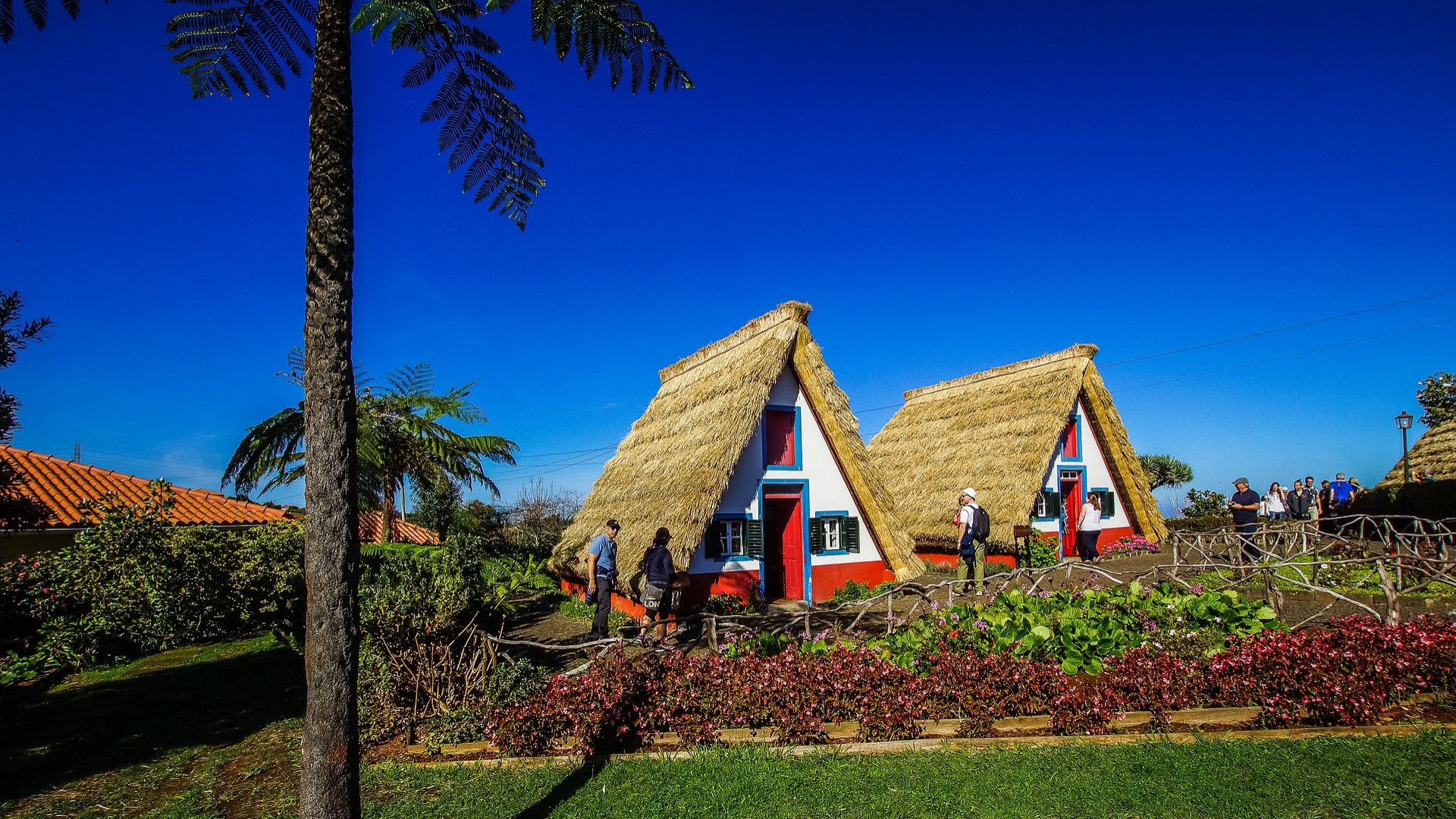Porto team working on edible vaccine against Covid-19, other viruses
A team of researchers from the Polytechnic Institute of Porto (IPP) has decided to produce an edible vaccine against Covid-19, potentially in the form of yoghurt or fruit juice.
Vaccines are generally seen as synonymous with needles, but a team of researchers from the Polytechnic Institute of Porto (IPP) has decided to break that rule and produce one against Covid-19 that is edible, potentially in the form of yoghurt or fruit juice.
This idea, which has been maturing since the start of the pandemic, started to take shape about six months ago and, since then, advances have been made. Currently ‘in vitro’ lab tests are taking place and before long others will be made in animals, according to Rúben Fernandes, a biologist at the IPP Laboratory of Medical and Industrial Biotechnology – LaBMI, who said that the latter would be carried out on mice, fish and a species of very small earthworm.
Of a project that is “completely innovative in Portugal”, Fernandes explained that this vaccine, which can be ingested in yogurt or fruit juice, has the particularity of being based on fruit plants and genetically modified probiotics.
In a small room filled with machines, test tubes and microscopes, one can see, in a reserved space and only handled by properly equipped researchers, small tubes with even smaller plants inside and glass discs bearing the probiotics.
“The plants are already genetically modified, as well as the probiotics,” explained Fernandes.
The idea of this vaccine is that it reaches the end-user easily, and stimulates immunity rather than the neutralisation of the virus as do current vaccines.
“So, both are preventive products, but in this case, the ‘conventional’ vaccine neutralises an infection and the edible vaccines have the property of being able to potentiate the other common vaccines,” he explained.
The vaccines will be able to combine probiotics or genetically modified plants or use only one of them, he stressed.
Using only probiotics, he said, this vaccine could be a reality in “six months to one year” because these are bacteria that can be quickly transformed. Using fruit, implementation “will be much longer” because the plants have to grow and bear fruit so that they can be used in the industry and turned into juice.
Pointing out that the vaccine is being financed exclusively from the IPP’s own funds, Fernandes noted that they would, in a final phase, have to team up with partners in the food industry for the vaccine to reach the end consumer and gain scale.
“It will be the industry that will decide what type of product they want,” he said. “We will be able to offer them several options.”
Despite being directed against Covid-19, Fernandes believes that it may be of interest to treat other types of infectious diseases.
About the possibility of an edible vaccine being ready in time for another wave of the current pandemic, Fernandes said that this would “hardly” be possible.


